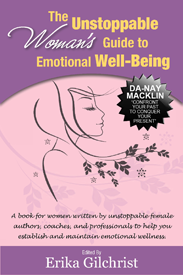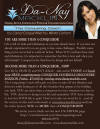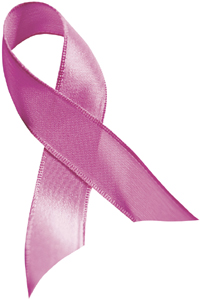How to Forgive When They're Not Sorry
.jpg) |
|
If the person who hurt
you did it unintentionally and doesn’t realize how
insensitive they were, bring it up in the next day
or so to let them know what they did. Preface
your comments with something like, “I know you
didn’t mean it, but what you said really hurt me….”
If they are a good friend or loving relative, they
will probably apologize on the spot.
Presto…Forgiveness! If you bring it up and you are shrugged off or belittled for being upset, then throw the ball back into they’re court by saying, “Well, I’m sorry you feel that way. I thought our relationship meant more to you than that. Friends make it a point to know what matters to the other person. As far as I am concerned, you still owe me an apology.” Then adapt whichever of the following responses fits your personal situation:
Forgiving someone who
won’t say they are sorry will have a positive effect
on you. You aren’t letting
the other person off the hook; you are just freeing
yourself from the guilt of not being able to make
them apologize. It also frees you to go on
with your life and continue having a functioning
relationship with them. It just won’t be a
trusting relationship until they act to restore
it.
Although the Proverbs verse did not mention forgiveness, you will need a forgiving spirit to follow this advice. Whenever someone wrongs you and you do not strike back in the same tone, this is a form of forgiveness. Make a conscious choice to forgive when others hurt you. It is better if you can forgive that person to his or her face. This will start the healing sooner, and you may be able to rebuild your relationship. If you can’t quite bring yourself to approach your injurer quite yet, at least forgive him in your own thoughts and prayers. That way, you fix yourself by triggering your own healing most importantly.
|
| Tweet |
|

We are always
looking for additional people to submit stories, scores, stats, photos,
video, etc...
 |
NOTE: We are proud to announce that for
the entire month of October, S.C. Fitch Enterprises, and all of its
affiliates including
|
FOLLOW US...
 |
 |
 |
 |
 |





